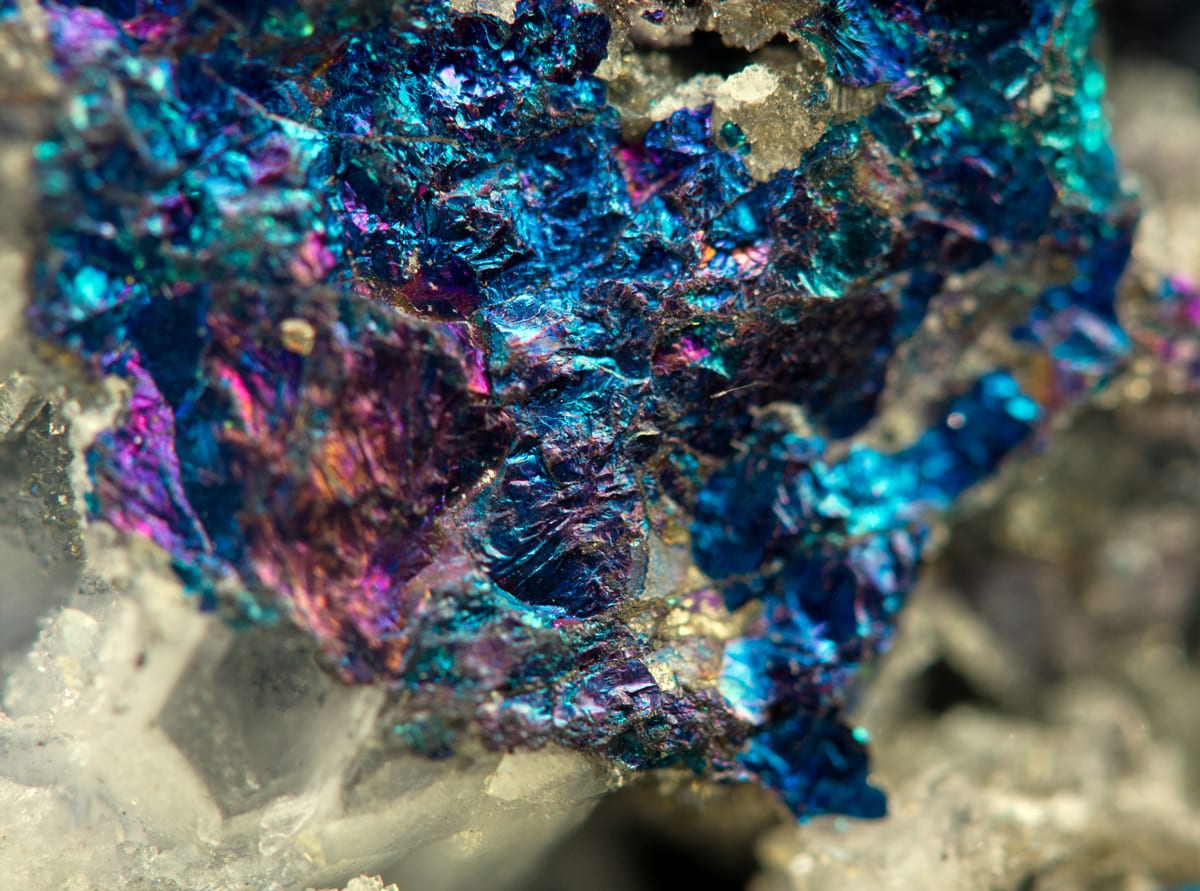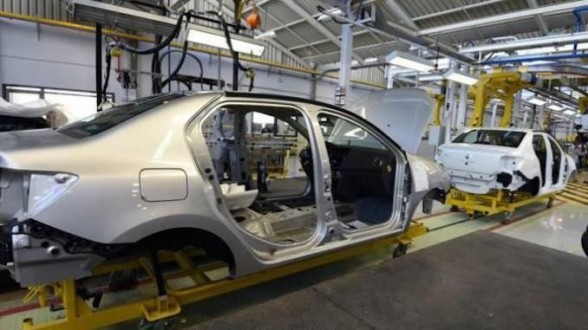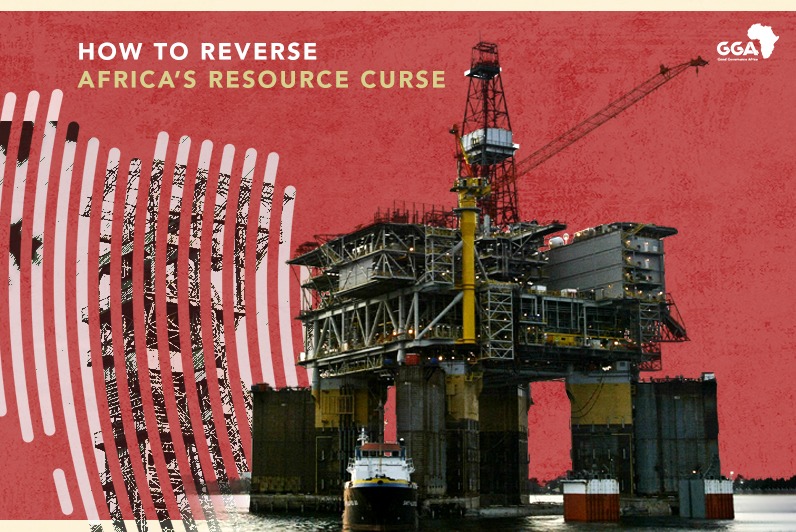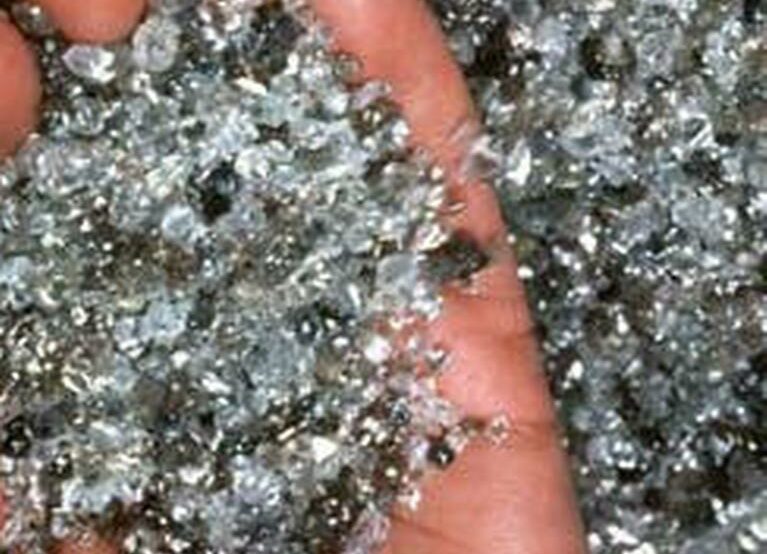The European Union is finalizing partnerships with the Democratic Republic of Congo (DRC) and Zambia to boost local industries as the bloc wants to mine its way out of its heavy dependence on foreign powers like China for critical materials needed to power its green transition.
A planned memorandum of understanding is widely seen as a signal to DRC and Zambian governments and the private sector the EU’s backing for developing local value chains given that the bloc now depends in large part on autocratic regimes for its supply of these materials, especially China, which provides nearly 98% of the EU’s supply of rare earths, people familiar with the matter said. China is currently processing a big part of critical materials, including lithium or cobalt, in its territory. To diversify suppliers of key resources, he bloc has inked similar deals with Argentina, Canada, Chile, Kazakhstan, Namibia, and Ukraine, and is also exploring accords with Rwanda and Uganda.
The EU reportedly plans to sign the partnerships with both African countries during a forum of the Global Gateway, the EU’s €300 billion investment program, in Brussels in late October. These deals will facilitate access to critical materials and will be part of the bloc’s broader effort to develop the strategic Lobito/trans-Africa corridor, a railway project to connect Angola, the DRC and Zambia to allow for shipping raw materials and minerals across the Atlantic. The EU woke up to its dependence on foreign powers for the critical raw materials late in the game, developing its first strategies on raw materials in the late 2000s. “Lithium and rare earths will soon be more important than oil and gas,” European Commission President Ursula von der Leyen said in 2022. “Our demand for rare earths alone will increase fivefold by 2030.”



